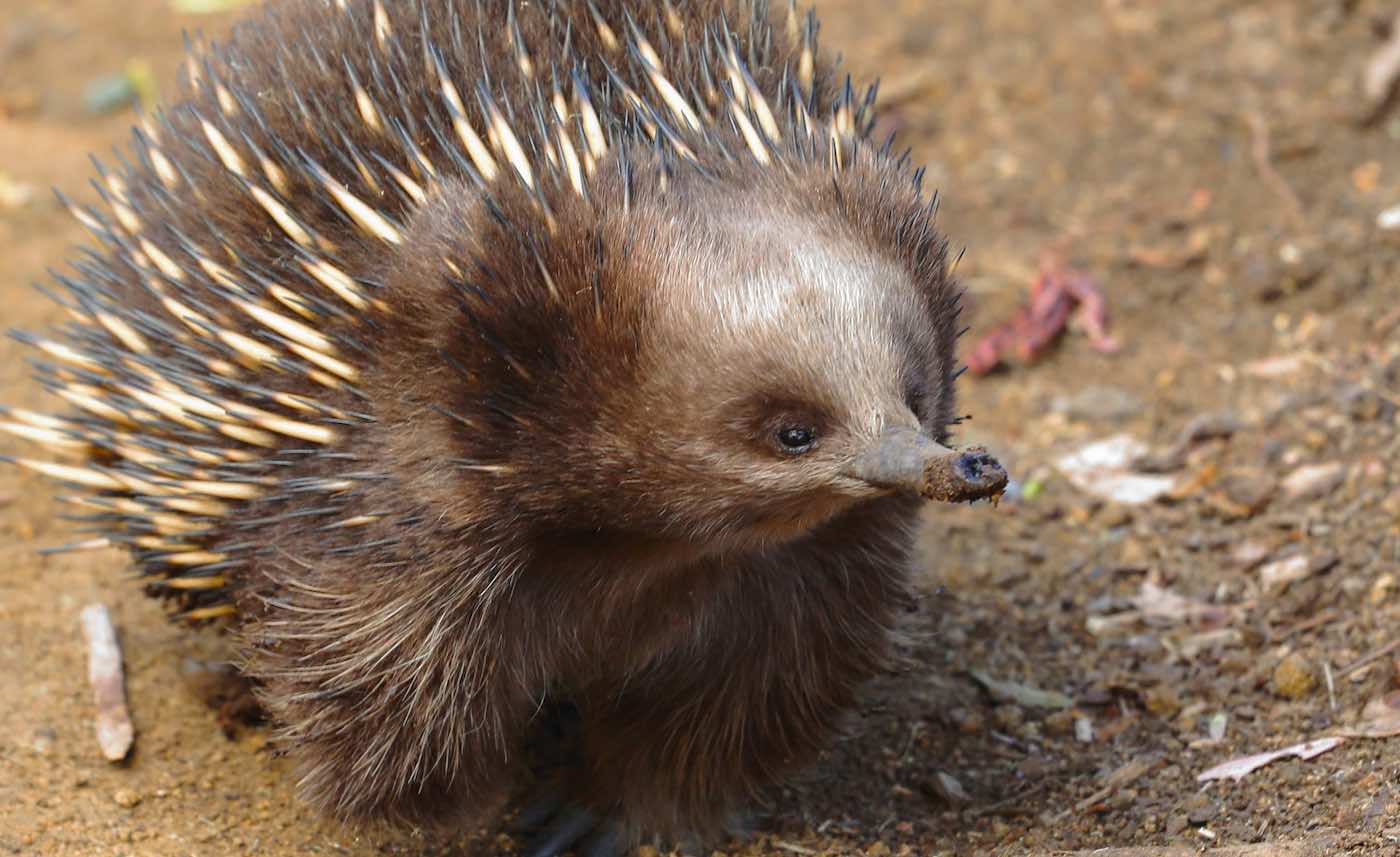- Feb 5, 2002
- 166,616
- 56,251
- Country
- United States
- Faith
- Catholic
- Marital Status
- Married
- Politics
- US-Others
An egg-laying mammal named in honor of Sir David Attenborough has been rediscovered after it was thought extinct for more than 60 years.
This extremely strange animal is just one of two extant mammal species on Earth that lays eggs.
According to the conservation org Re:wild, it’s one of just five surviving species of monotreme, an ancient clade of egg-laying mammals found only in Australia and New Guinea, whose origins go back to the Jurassic era some 160 million years ago.
There are three long-beaked echidna species. One is critically endangered, but this one, Zaglossus attenboroughi, is known only from a single individual collected by a Dutch botanist during an expedition to the Cyclops Mountains in 1961.
“I was euphoric, the whole team was euphoric,” Dr. James Kempton told BBC News of the moment he spotted the Attenborough echidna in camera trap footage. “I’m not joking when I say it came down to the very last SD card that we looked at, from the very last camera that we collected, on the very last day of our expedition.”
It’s the stuff of dreams, and Kempton was able to telephone Sir David with the news, with the famous filmmaker saying he was “absolutely delighted.”
Continued below.

 www.goodnewsnetwork.org
www.goodnewsnetwork.org
This extremely strange animal is just one of two extant mammal species on Earth that lays eggs.
According to the conservation org Re:wild, it’s one of just five surviving species of monotreme, an ancient clade of egg-laying mammals found only in Australia and New Guinea, whose origins go back to the Jurassic era some 160 million years ago.
There are three long-beaked echidna species. One is critically endangered, but this one, Zaglossus attenboroughi, is known only from a single individual collected by a Dutch botanist during an expedition to the Cyclops Mountains in 1961.
“I was euphoric, the whole team was euphoric,” Dr. James Kempton told BBC News of the moment he spotted the Attenborough echidna in camera trap footage. “I’m not joking when I say it came down to the very last SD card that we looked at, from the very last camera that we collected, on the very last day of our expedition.”
It’s the stuff of dreams, and Kempton was able to telephone Sir David with the news, with the famous filmmaker saying he was “absolutely delighted.”
Continued below.

Long-Beaked Creature Is Proven Not Extinct in First Ever Photos: ‘Blows My Mind’ After 60 Years
It's the stuff of dreams, and Sir David said he was "absolutely delighted" after receiving the news from the expedition team.
 www.goodnewsnetwork.org
www.goodnewsnetwork.org
